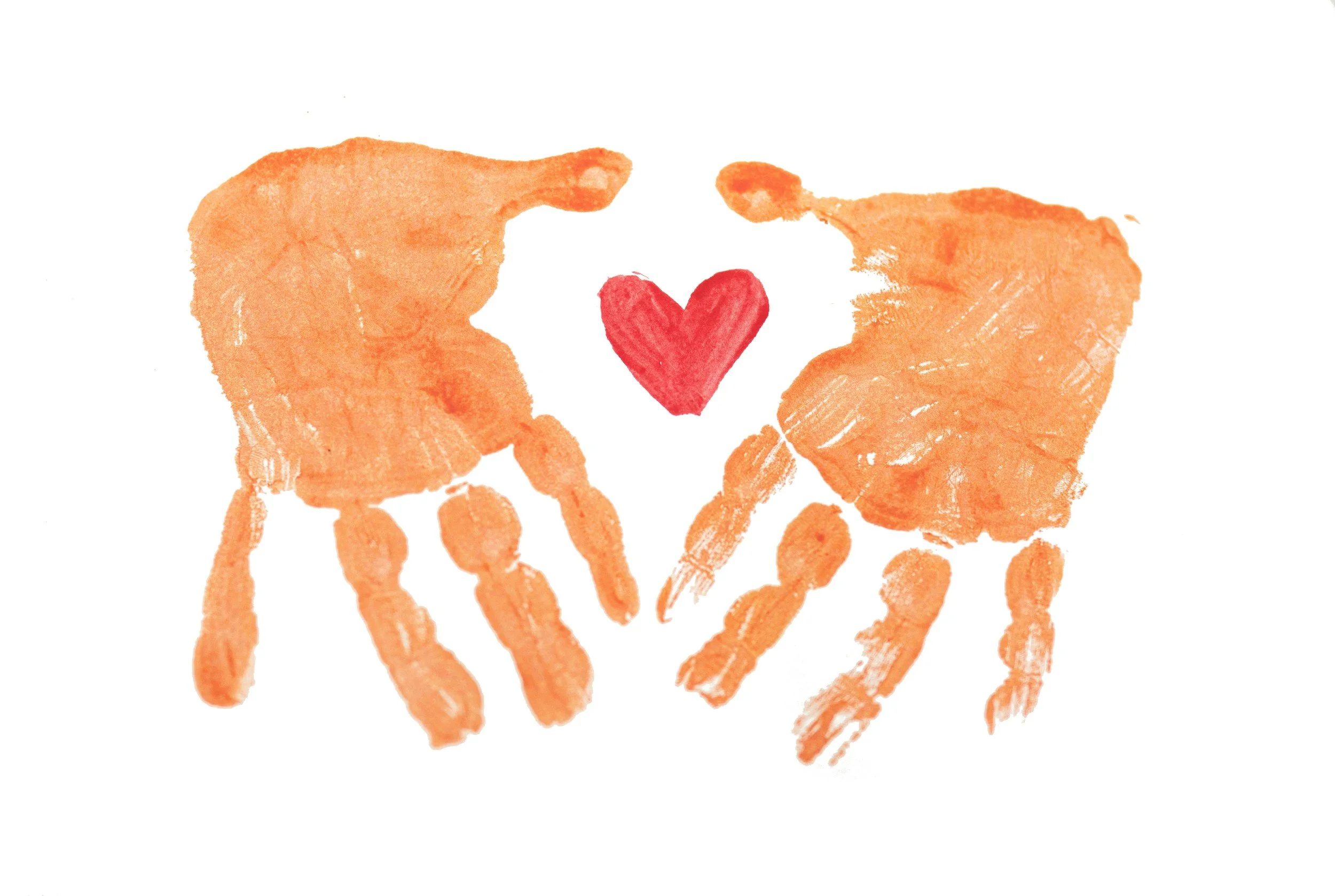The Silence Around Sibling Sexual Abuse
As a survivor of sibling sexual abuse, I know firsthand how hidden this issue is.
And I also know how often it’s minimized or dismissed — even though research shows it’s one of the most common forms of intra-familial abuse.
This isn’t just my story. It’s a reality affecting countless survivors who rarely get seen or heard.
The Facts We Don’t Talk About
Research shows that over half of all child sexual abuse offenses are committed by perpetrators under 18. That means many survivors were harmed not by adults outside the home, but by siblings, cousins, or peers.
In fact, sibling sexual abuse is considered the most common form of intra-familial abuse, with some studies estimating that up to 5% of children experience sexual abuse by a sibling. And globally, up to one-third of all sexual abuse is carried out by other children and young people. For victims under the age of 12, that number rises to about 50%.
That’s not a small problem. That’s a staggering amount of children growing up with trauma most people don’t want to acknowledge.
Why the Silence?
Sibling sexual abuse carries layers of silence that make it especially complex:
Families may minimize it, dismissing it as “curiosity” or “kids being kids.”
Survivors often fear that speaking up will tear their family apart.
Parents may feel denial or guilt, making it hard for them to believe or support the child who was harmed.
Because of this, survivors of sibling abuse often grow up carrying the weight of it alone, confused about what happened and unsure if it “counts.”
The Impact Runs Deep
Survivors of sibling abuse experience many of the same long-term effects as those abused by adults:
Anxiety
Depression
Post-traumatic stress
Difficulty trusting others
Challenges with intimacy and self-worth.
The betrayal cuts differently when the person who hurt you is also the person society says should be your playmate, protector, or ally. The wiring your brain forms in those early years — about trust, safety, and love — gets tangled in ways that don’t simply “fade with time.”
What Needs to Change
We need to start talking about this openly.
To name sibling abuse for what it is: abuse, NOT experimentation.
To validate survivors who have lived in silence, wondering if what they experienced “counts.” - IT DOES!
To bring awareness that trauma is not always about strangers — sometimes it’s about the people closest to us.
And most importantly, to give survivors a way forward that doesn’t involve burying the story or carrying shame that was never theirs to hold.
A Different Path Forward
Healing doesn’t mean pretending it didn’t happen. It means gently rewiring the brain away from survival mode and toward safety, self-trust, and freedom. It means untangling the false beliefs planted in childhood and replacing them with truths that allow you to move through life differently.
The silence around sibling sexual abuse has lasted too long. The more we speak it, the less power it has.
The Next Step in Healing
I want you to know your story matters, and healing from sibling sexual abuse is possible — but it takes more than time. It takes teaching your brain a new way forward - rewiring those neural pathways!
If you’re ready to stop carrying what happened, this is exactly the work I help clients with. Let’s have a conversation about how I can support you.

